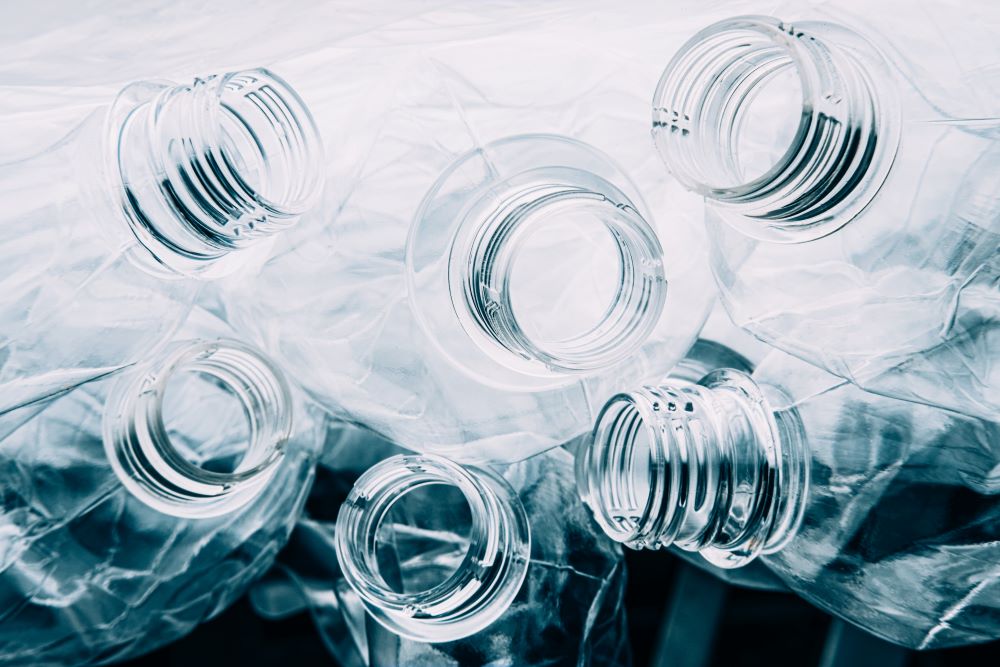I admit to being amused when I hear people say that recycling doesn’t work. One could easily make the case that single stream municipal recycling has failed, but I could make an equally compelling case that recycling does work if you do it the right way. I know first-hand. I have done it myself.
Growing up in the 1970s, my family was big into recycling newspapers and glass. The money we earned from paper recycling was set aside for special things for the family. Money generated from glass recycling went to the local Boy Scout troop. I can still remember vividly how we did it. And every time I look back on those years, I am reminded that recycling done right actually accomplishes good things.
Recycling Old Newspapers

Back in the 1970s, just about every house got the daily paper. A lot of people got multiple newspapers. Most threw the newspapers in the trash when they got done with them. But strangely enough, they did not throw the newspapers in the trash can. Rather, they tied them up in stacks and put the stacks out to the curb. It was like they knew someone from my family would be stopping by.
We used to drive around town on trash day and pick up every bundle of old newspapers we could find. Sometimes we would find a box or bin of loose newspapers and take those too. All of the papers were transported back to our house and stacked neatly in the garage. We knew that when the stack grew to a certain size, we would have a full load to take to the paper mill. That’s exactly what we did.
We would load up my father’s pickup truck and then go for a drive. The paper mill was just outside of town. There, the truck would be weighed before we drove back into the yard and unloaded the newspapers at a dock. They would weigh the truck again and then pay my father by weight. We earned enough money to pay for a family of 12 to take a vacation in Toronto, Canada.
Recycling Glass Bottles

As for the glass, my father had made arrangements with multiple bars and restaurants around town. They would save all of their glass wine and liquor bottles. On Saturday’s, we would drive around and collect them. The glass was brought back to our garage and crushed either manually or with an electric machine.
When we had enough crushed glass to fill the truck, we would load up and drive to the recycling plant about an hour away. It was the same deal. The truck would be weighed on the way in and then again on the way out. My father was paid based on the weight of the load. All of the money we earned from glass recycling helped the Boy Scouts buy equipment.
Why It Worked

So why did our recycling plan work when modern municipal recycling doesn’t? Because we followed a process similar to what Tennessee-based Seraphim Plastics does today. We focused on two materials and kept them separate. No sorting or decontamination were required. The labor was cheap, and the profits were there.

